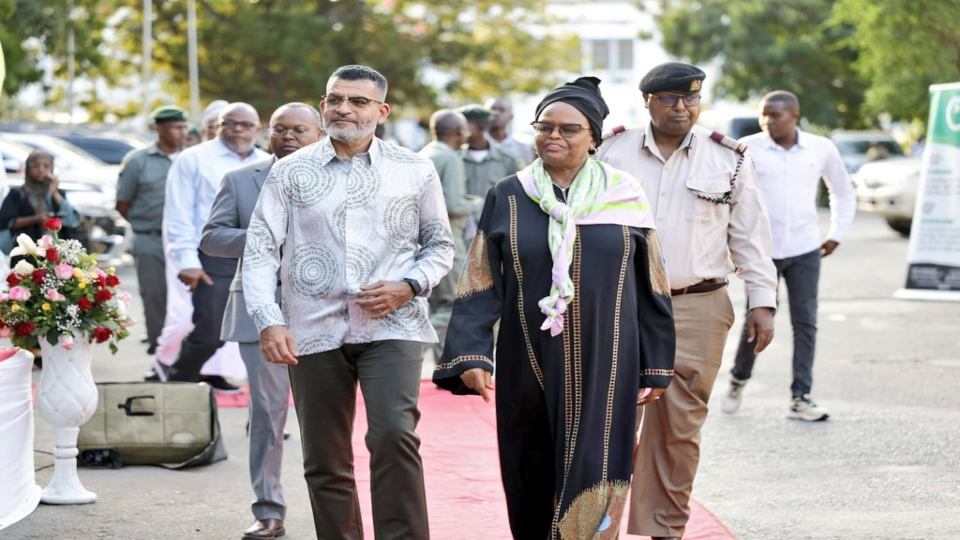Chief Justice Koome Launches Alternative Justice System in Mombasa to Address Land Disputes
The Chief Justice, Martha Koome, has officially launched the Alternative Justice System (AJS) at the Shanzu Law Courts in Mombasa, marking a significant step toward addressing long-standing land disputes and enhancing access to justice in the coastal region. The initiative aims to provide a culturally sensitive, community-driven approach to dispute resolution, particularly for complex land cases that have overwhelmed Kenya's formal court system.
The launch event, attended by local leaders, judicial officers, and community members, highlighted the potential of AJS to transform how disputes are resolved in Mombasa. Chief Justice Koome emphasized that the system integrates traditional and cultural methods, offering a faster, more affordable, and less adversarial alternative to conventional litigation. "The Alternative Justice System is rooted in our traditions and values, enabling communities to resolve disputes in a way that fosters harmony and mutual respect," she stated during her address.
Mombasa has faced persistent land disputes, many of which stem from historical injustices, unclear land ownership records, and competing claims among individuals, families, and communities. These cases have often clogged the courts, leading to delays that can span years or even decades. The AJS seeks to alleviate this burden by empowering trained mediators, community elders, and other local stakeholders to facilitate dialogue and negotiate solutions that reflect the needs and customs of the parties involved.
The initiative builds on successful AJS models already implemented in other parts of Kenya, such as Isiolo and Nairobi, where community-based mechanisms have resolved disputes ranging from family conflicts to resource-sharing disagreements. In Mombasa, the system is tailored to address the region's unique challenges, including disputes over ancestral land, tenancy issues, and conflicts involving informal settlements. By decentralizing justice and involving local leaders, the AJS aims to reduce the backlog of cases in the judiciary while fostering trust in the resolution process.
During the launch, Chief Justice Koome urged residents to embrace the AJS, noting that it complements the formal judicial system rather than replacing it. She highlighted its flexibility, which allows parties to reach mutually agreeable solutions without the rigid procedures of courtrooms. The system also prioritizes accessibility, ensuring that marginalized groups, including women and low-income individuals, can seek justice without financial or procedural barriers.
Local leaders in Mombasa welcomed the initiative, with many expressing optimism about its potential to resolve disputes that have fueled tensions in the county. Community elders, who will play a key role as mediators, underwent training to equip them with skills in conflict resolution, negotiation, and documentation of agreements. The judiciary has also established coordination mechanisms to ensure that AJS outcomes align with legal standards and can be enforced when necessary.
The launch of the AJS in Mombasa is part of a broader national effort to integrate alternative dispute resolution mechanisms into Kenya’s justice system. Chief Justice Koome reiterated her commitment to expanding the initiative to other regions, emphasizing its role in promoting social cohesion and reducing the strain on courts. She also called for collaboration between the judiciary, county governments, and community organizations to ensure the system's success.
As the AJS takes root in Mombasa, residents are hopeful that it will bring lasting solutions to land disputes and other conflicts, fostering peace and development in the region. The judiciary plans to monitor the system's progress and gather feedback to refine its implementation, ensuring it meets the needs of the community while upholding the principles of fairness and justice.


